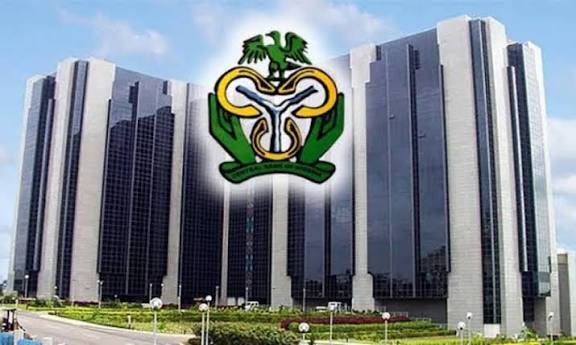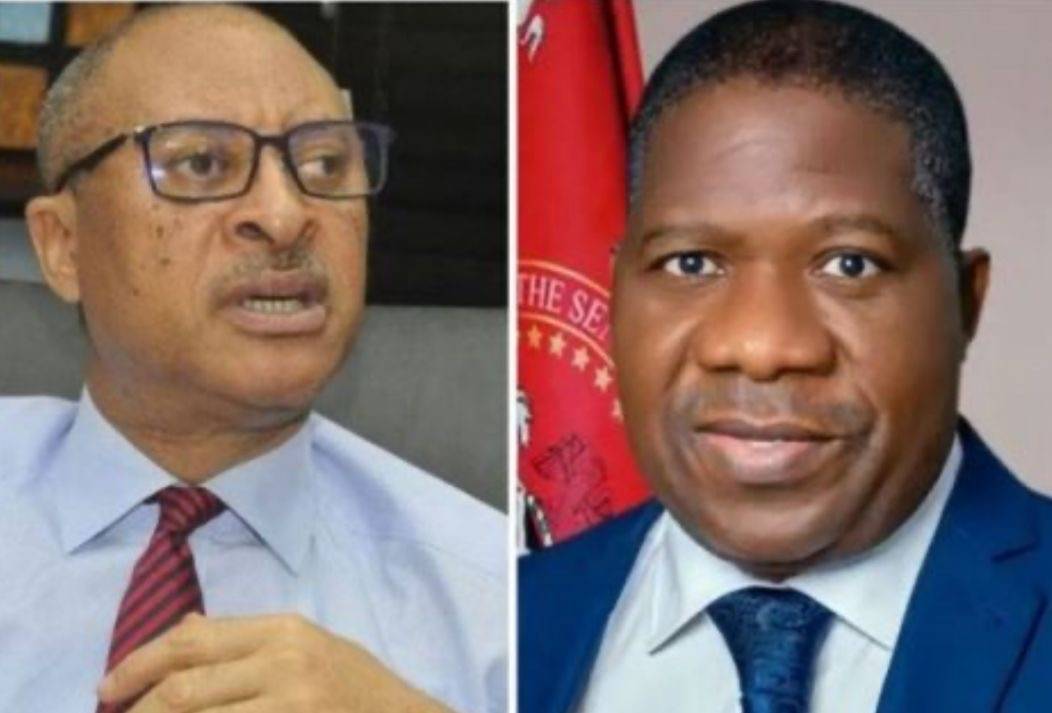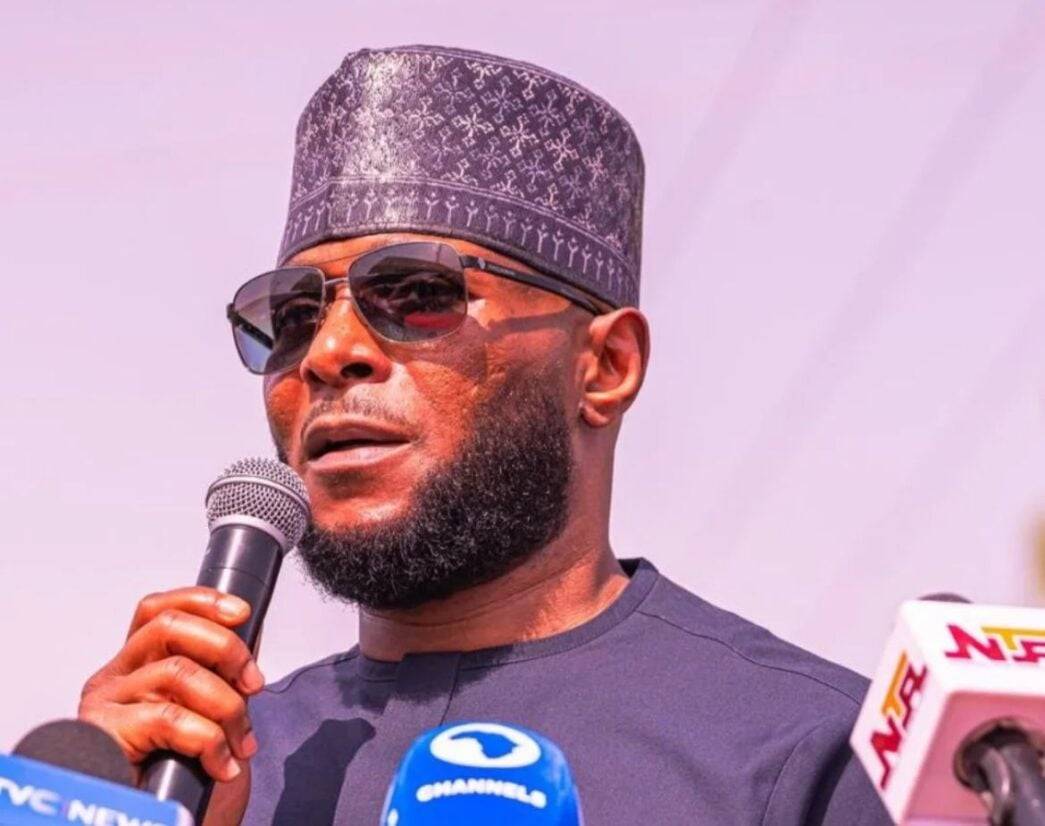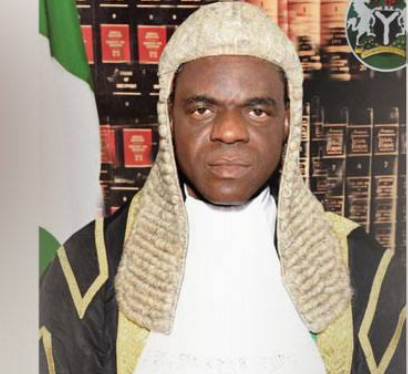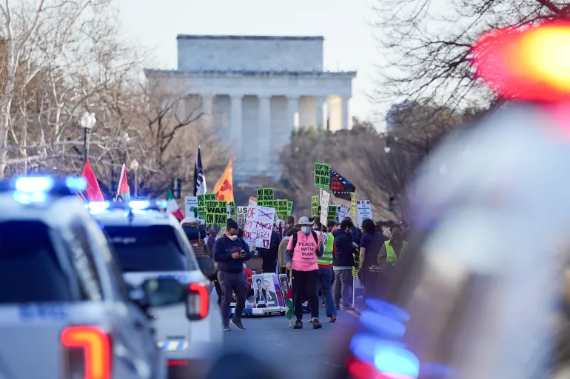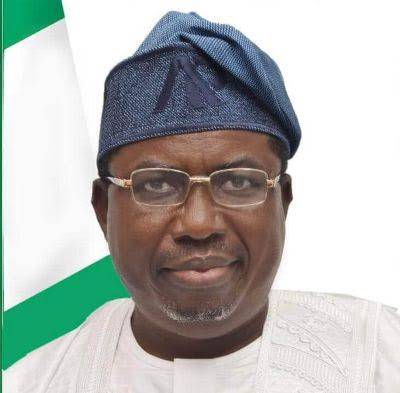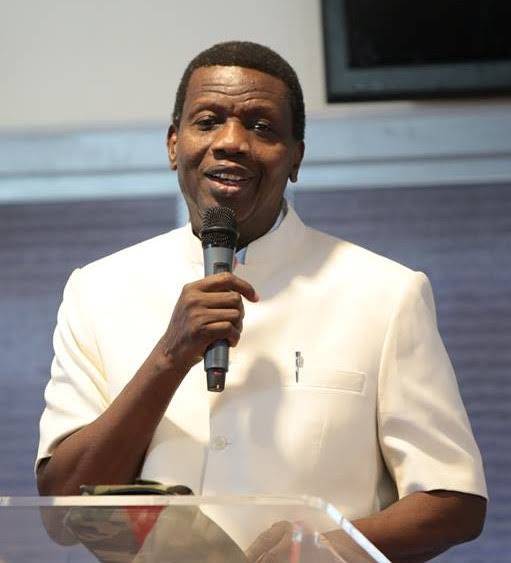By Tatalo Aremu
Once again, Rivers State has erupted in huge fireballs as anarchy and mayhem swept across many of its councils. Bodies littered the corridors and pavements as if hostile troops had just swept through. Elected council chairmen have elected to stay away from their offices creating an impasse of governance. As ungovernability and a breakdown of law and order loom, the dreaded phrase, “state of emergence” has crept into the lexicon of dominant discourse all over again. The fear of the main gladiators is not about the fate of democracy in the greatest conglomeration of black people but a change in the sitting arrangement at dinner and the positioning of apex predators at the buffet queue.
Unfortunately, the wager is that this will not be the last eruption in Rivers State. There are many rivers to cross in Rivers and for a “more perfect” democratic process in Nigeria, potentially and arguably the greatest Black nation on earth, a tribute to the subversive imaginary of the colonialists and capacity for inventive self-undermining. It has been said that if Nigeria does not exist, a commodious and expansive nation like this will have to be willed into existence by visionary African emancipators to represent the Black person and his interest in the final working out of the occidental dominance of the universe.
Readers should note that this column has not mentioned democracy but “the democratic process”. Given the recrudescence of military coups in many African countries, the authoritarian populist backlash against democracy in many European, Asian and Latin American countries and the threat of Donald Trump to turn America into an anti-democratic, authoritarian conglomeration of ethnic deadwood and underachieving racist bigots, the plight of democracy these days remind one of a quote often misattributed to Herman Goering, the late NAZI chieftain who transformed from an aviator hero of the German people during the First World War to a dope-crazed sybaritic punk as Hitler’s deputy. Goering was said to have famously exploded that whenever he heard the word culture, he always reached for his gun. It is to be hoped that the same fate does not overtake democracy.
There is as yet no ideal democratic society anywhere in the world. At best, democracy remains a permanent work in progress. Dating back to the time of the Greek utopianists, the idea of people’s power(Demos and cratos) is an appealing and winning combination indeed, targeting the subliminal yearnings of all humanity for freedom. No human system has been put together, not even the Chinese authoritarian populism, that is superior to democracy in terms of its capacity for the egalitarian redistribution of societal privileges. It is left for each society to fashion out which mode of democracy is best suited to the pressing and urgent needs of their people based on the correct political architecture of the nation. A society engaged in a quest for democracy in the face of dire structural misconfiguration of the nation is engaged in a forlorn Sisyphean quest. Rapid economic transformation may blunt the rough edges for some time and lure the people into the quietude of self-sufficiency but they will rear their head again once acute scarcity due to political de-formation reappears.
Why is it that Rivers State, the colonial jewel in Nigeria’s crown with its storied Garden City and glittering pearl of its postcolonial petrodollar possibilities, ever a recurring decimal of political violence and destabilization in Nigeria’s post-military Fourth Republic? Is there something about this unflattering development that is symptomatic of the democratic hiatus in Nigeria’s post-military dispensation? To be sure, gladiators on both sides of the political divide in Rivers State have cast themselves in heroic and iconic garbs. On the one side are those who believe they are acting as liberators of their people from the clutches of ethnic domination and tyranny. On the other side are those who purport to defend the rule of law and democratic order. Both are false garbs and nothing can be further from the truth. Political battles are often fought under certain occlusions which preclude actors from seeing themselves the way they truly are. The hard truth is that what is going on in the Rivers state is the struggle for the allocation of resources and who gets what and at what time. As it often occurs in politics, the end-result may manifest some of the stated ideals but only as by-products of the real contestation.
As our readers will attest, this column does not dwell on individuals or personalities. Individuals are important only to the extent that they illuminate the political and historical process. The classic summation of the materialist reading of historical developments is that people make history but not under the circumstances of their choice. In our commentary so far about the crisis in the Rivers State as it unfolded, we had cautioned the minister of the Federal Capital Territory to exercise some restraint and rectitude over his occasionally intemperate outbursts and barely disguised attempt to exercise political overlordship in a state whose reins of power he had willingly ceded to his political godson and self-designated successor, Siminilayi Fubara. If the optics of Wike’s political one-upmanship didn’t look too good then, the auguries have gone dire with the latest development. Please permit us to quote this column at some length.
“It is not known whether Nyesom Wike, the current minister of the Federal Capital Authority, immediate past governor of Rivers State and –as some would insist—the de facto third term governor of the state, is trained to read political signboards or savvy enough to decode horoscopes of impending disaster. One thing is clear. The fascination of a moth with fireballs always leads to self-immolation” 9/4/2023. One line from that piece that continues to haunt even the writer in its prescience and premonition is this: “Despite his official protestations of peace and harmony, it is only a question of time before Fubara pulls the trigger”.
Fubara duly pulled the trigger last week in what appeared to be a seamlessly choreographed political demolition of his former master and presumptive patron. He had managed to organize local government elections while his old boss was waiting for the law and the rule of law to come to his aid. In the light of the overwhelming popular acceptance which seems to confer a solid legitimacy on the polls, the recourse to legalistic obscurantism may well be akin to pursuing historical chimeras. In the strange feudalization of politics in the post-military dominion, it is becoming an established tradition that the king must die for his successor to thrive, whereas in more traditional societies, a possible successor must be out of the sights of the reigning king or he will come to grievous harm. As Felix Houphouet-Boigny, the founding father of Ivory Coast, famously retorted: A Baole Chief does not know his successor. And he never did until he breathed his last, plunging his nation into a monumental crisis of succession which eventually led to civil war and a brief partitioning of the country.
In Rivers State since the advent of civil rule and increasingly in the rest of the country, the successor must not know the former king. He must be killed off politically or perish in less amenable circumstances. Thus in the beginning, Peter Odili begat Chibuike Rotimi Amaechi his former PA and office boy who threw him off the cliff. Rotimi Amaechi begat Nyesom Wike who tomahawked him in the manner of Red Indian head-hunters. And now Wike begat Sim Fubara who ran him out of town wailing and gnashing his teeth with a carving knife sticking out. Having been demystified in his home base, no matter the outcome of the court case, Wike for now should avoid lending a helping hand to his numerous political adversaries.
It will be extremely politically naïve and utterly presumptuous of the former governor of Rivers State to imagine that he can second-guess his current patron or corral him into underwriting his political misadventure. The former governor of Lagos State is an extremely dexterous and multi-dimensional political poker player who can deal several apparently countervailing cards at the same time. As the male servant in The Labyrinth of the General will put it: “ Only my master knows what my master is thinking about”. It is possible, just possible, that while Wike is completely obsessed and consumed by his political offensive against Fubara and his core supporters, his boss may be looking ahead to reaching political accommodation with the fourth largest ethnic nationality in the nation. The Ijaw people did not obstruct his path to the presidency. They looked the other way while controversial presidential election took place in the state. With the South East already on a virtual war footing, alienating such an important ethnic bloc with its volatile and combustible personalities will amount to a costly strategic error in the rocky days ahead.
We can now end by speculating on just what type of national legacy brings about the type of politics on display in Rivers State which is as mean-spirited just as it is murky and murderous. Needless to add that it is also generally symptomatic of political developments in post-military Nigeria. Like a virus that has infected the entire society, the type of guardroom and garrison politics bequeathed to the nation by the protracted stretch of military rule takes time to work out of the body politic. One of the outstanding deficiencies is the decline and death of ideology. Ideology, or fanatical attachment and devotion to a set of ideas, is the glue that binds politicians of different and contrasting personality-types together in the name of an ideal that transcends individual peculiarities.
Ideology is the secret weapon of the modern party. A rational human being just must believe in something and have a vision of the society they want. Parties without ideologies are nothing but elite conspiracies to appropriate power for the purpose of unfettered access to state resources. Up to a point, ideologies worked in the First and Second Republics in ensuring party cohesion and internal order. This was particularly true of the Action Group and the Unity Party of Nigeria. Until it was sundered by external pressures and the resurgence of personality differences, the Action Group was a modern wonder of cohesion, internal discipline and organizational acumen.
Unfortunately, the inauspicious corollary of the collapse of ideology in Nigeria’s post-military polity is the sheer indifference and lethargic apathy to party cadre recruitment and rigorous leadership selection. Since nature abhors a vacuum, the yawning gap is filled by an ethnic revanchism of the most violent and virulent type and a growing cult of personality at all levels which conduce to a further problematization of the intractable National Question. In such circumstances, it is almost impossible to produce a transcendental leadership except by miraculous default which cannot be discounted given Nigeria’s legendary capacity to soar above the flames of its own self-immolation. Taken together, it can now be seen why there are still many perilous rivers to cross both in Rivers State and the rest of the nation.
Culled from The Nation




